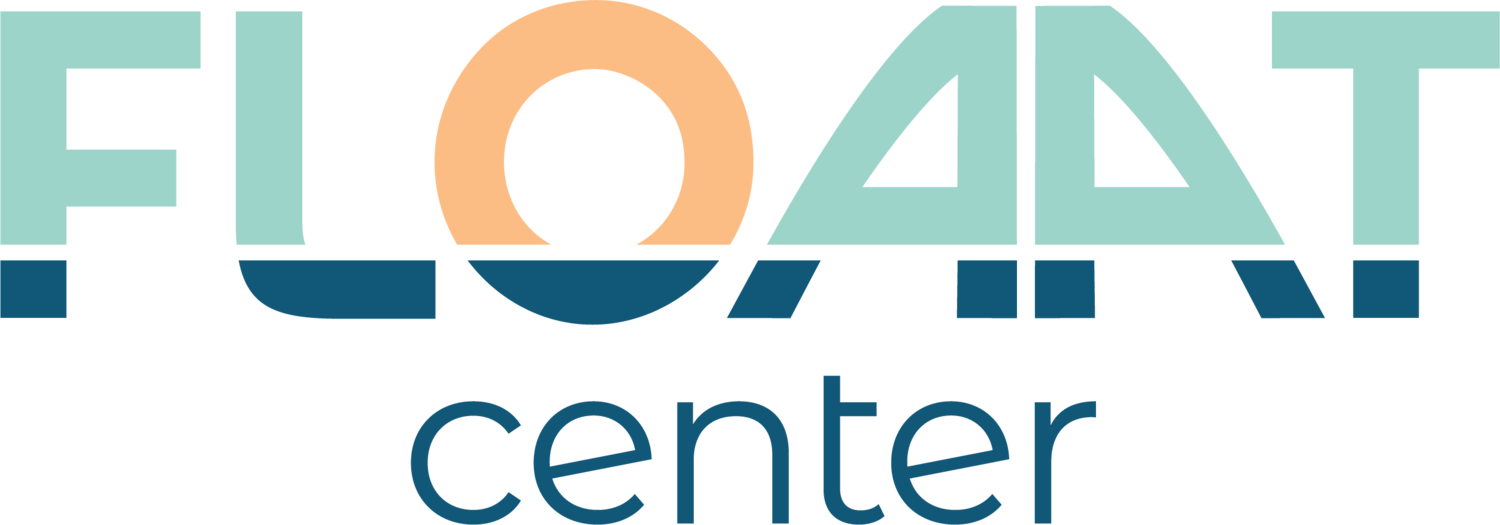4 Steps Parents Can Take to Help Their Child Who Is Suspected of a Learning Disability
Author: Allison Greene, UF Doctoral Student
Date: August 2022
Someone with a specific learning disorder (SLD) has difficulties learning and using academic skills significantly more than expected for those of the individual’s age. Under the Individuals with Disabilities Act (IDEA) 2004, all states require the use of response to intervention (RTI)/Multi-tiered System of Supports (MTSS)* and it is considered the best learning disorder assessment to determine eligibility for a SLD. RTI/MTSS allows students to move through tiers, often three to five, that increasingly get more individualized to better support that specific student’s learning needs. Those students who do not respond to the highest level of support may qualify for a learning disability.
Ask the School Questions
Get to know how the school is implementing RTI/MTSS. Ask questions that provide you with more information on the specific process that the school uses. Two important questions you may want to ask include: How long is an intervention implemented for before deciding whether or not your child is making progress? What point in the RTI/MTSS process are students who are suspected of having a learning disability referred for learning disabilities assessments and evaluations?
Request a Written Intervention Plan
Ask the school for a written intervention plan that includes all of the details about how the school is planning on helping your child. This plan should include components such as: descriptions of any and all interventions that are being used with your child, how long the intervention will be implemented before you should see progress, and how your child’s progress will be monitored.
Hold the School Accountable
Be sure that the school is correctly implementing RTI/MTSS to properly do a learning disorders assessment. Check that all of the essential components of RTI/MTSSare in place in the school’s RTI/MTSS process. Also, ask at what point your child would benefit from a full evaluation for SLD to ensure they are getting services in a timely manner.
Keep Records of Progress
Save all records that show how your child is progressing academically in school, such as progress reports, evaluation results, and samples of homework. Document all communication that you have with your child’s school regarding their academics and learning disabilities services. If they are not progressing, advocate for the school to provide more individualized support and once they go through all tiers, inquire about a formal evaluation through the school to determine whether an SLD is present. If you decide to pursue a private evaluation with a school psychologist or psychologist, be sure to bring the RTI/MTSS data you have to assist them in the process of making this determination. Please note the best mental health professionals to do a formal evaluation for an SLD are school psychologists and psychologists.
The FLOAAT Center aims to help anyone struggling with learning disabilities, such as ADHD, and offer specialized treatments for their conditions. If you’re ready to start seeking treatment, take the first step by scheduling an appointment with us today.
*RTI and MTSS are often used interchangeably
